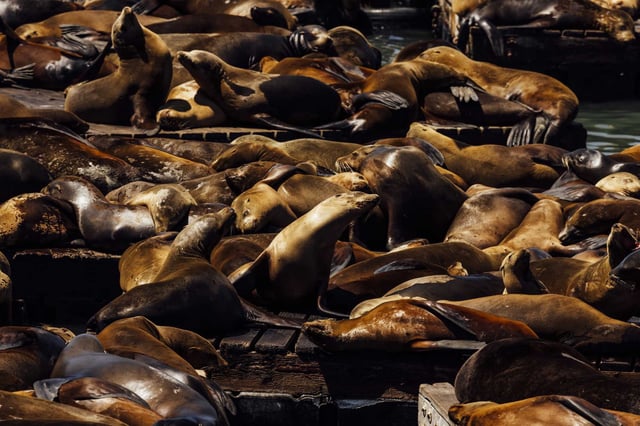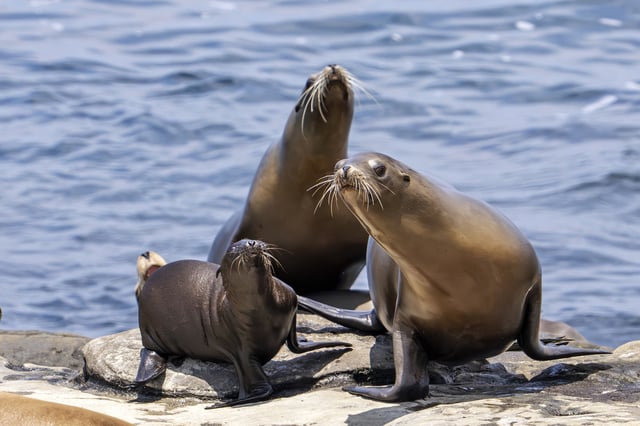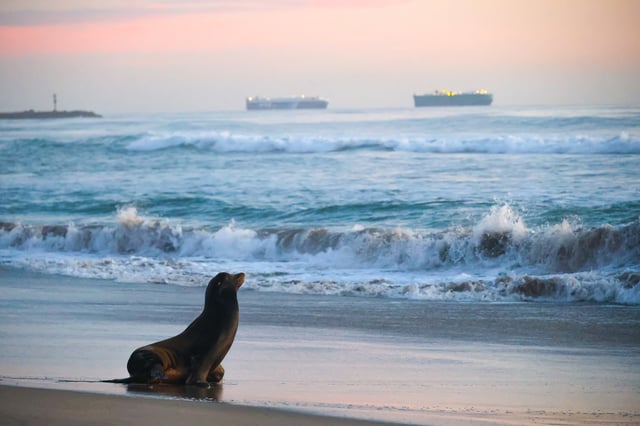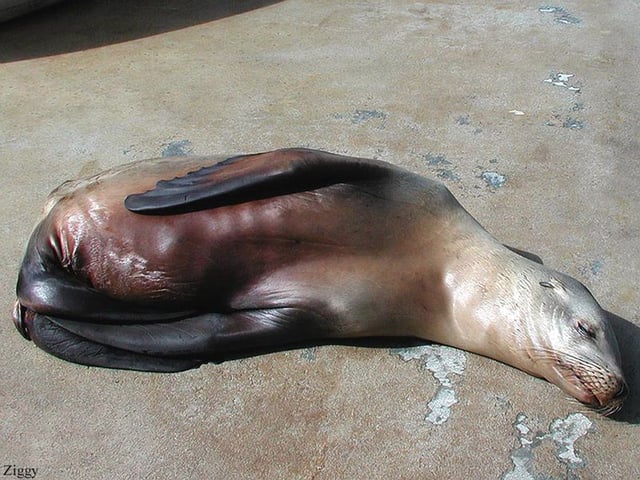Overview
- The outbreak has continued into early August with no indication of decline following July’s unprecedented admission surge.
- Sea lions suffering from acute leptospirosis have been documented across Marin, Sonoma, San Mateo and San Francisco counties, reflecting their wide-ranging movements.
- Intensive treatments leave about two-thirds of infected sea lions succumbing to irreversible kidney failure despite aggressive care.
- Long-term warming events, notably the 2013–2015 Pacific “Blob,” are believed to have disrupted normal migration and immune patterns, leading to off-schedule outbreaks.
- The Marine Mammal Center cautions that leptospirosis can infect humans and dogs, advising beach users to leash pets, keep distance from wildlife and seek vaccinations.



